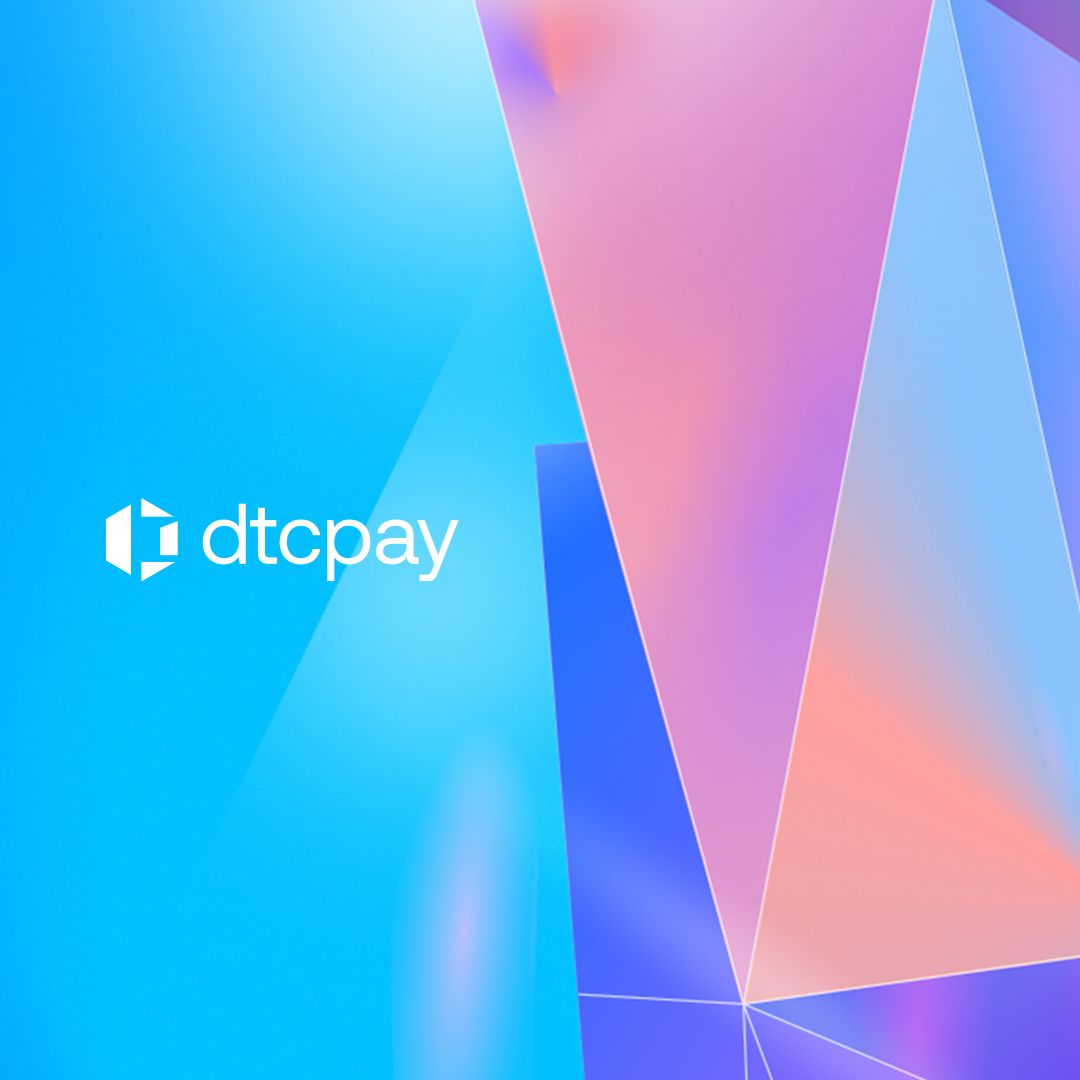Media Feature
Singapore Startup Dtcpay Launches Retail Crypto Payments System
As featured on Coinscreed, Nov 2023
14 Nov 2023 • 2 mins Read

Table of Contents
As featured on Coinscreed, Nov 2023
Singapore Startup Dtcpay Launches Retail Crypto Payments System
Singapore-based dtcpay is launching a payment system that will use fiat and cryptocurrencies for in-store and online payments.
In its announcement, the corporation highlighted Bitcoin (BTC $37,190), Ether (ETH $2,078), and Tether (USDT $1.00). The business is collaborating with Allinpay International to develop smart terminals and a digital interface and with open-source blockchain PlatON to provide privacy-protected digital infrastructure.
Major payment institutions Dtcpay and Allinpay are registered with the Monetary Authority of Singapore (MAS). A representative for Tonghua International, the parent firm of Allinpay, stated:
“This cooperation will […] Help merchants better adapt to the modern payment trend and meet the needs of young consumers.”
Dtcpay will integrate new cryptocurrencies into the new service and swap fiat. Point-of-sale and online checkout are already offered. In September, dtcpay signed an arrangement with Singaporean point-of-sale company Jeripay to provide cryptocurrency payment services on its 8,000-terminal network, and it also secured a contract with London-based Sumsub to supply Know Your Customer services for the dtcpay digital wallet.
Dtcpay, founded in 2019 and formerly known as Digital Treasures Center, was chosen in November 2022 to participate in Mastercard’s Mastercard Start Path program for blockchain and cryptocurrency entrepreneurs. The real estate company Pontiac Land Group backed it in a pre-seed fundraising round in June.
Electronic payments are widespread in Singapore, which is thought to have proactive cryptocurrency legislation, including consumer protection. In October, MAS granted major payment institution licenses to Coinbase and Ripple.
The city-state is also experimenting with digital currency issued by the central bank, but according to the MAS, there is “no urgent use case” for a retail CBDC.
—
Link to article:
https://coinscreed.com/singapore-startup-dtcpay-launches-retail-crypto-payments-system.html















